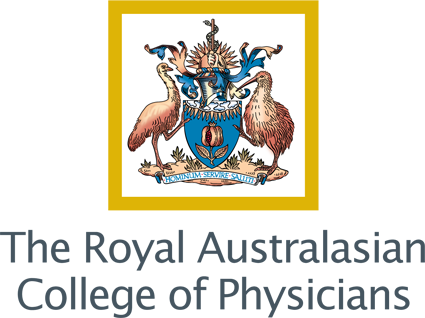Adenotonsillectomy
What is it?
In children, removal of the tonsils and adenoids (adenotonsillectomy) is often performed at the same time. This operation is performed under general anaesthesia and requires a one-night stay in hospital. The operation is performed through the mouth so there are no incisions on the skin.
Why would this operation be performed?

The Australian Society of Ear, Nose and Throat Surgeons and the Paediatric Division of the Australasian College of Physicians have jointly published a position paper on the indications for tonsil surgery. These include:
- Significant sleep disordered breathing with adenotonsillar obstruction (read more about sleep disordered breathing here)
- Recurrent tonsillitis, defined as:
- 7 episodes in a year
- 5 episodes in 2 years
- 3 episodes in 3 years
- Recurrent peritonsillar abscess
- Suspicion of cancer
How is it done?
This operation is performed under general anaesthesia. The adenoid sits at the back of the nose and is difficult to assess in the clinic. At the time of the operation it can be felt behind the palate and if enlarged is removed using a special instrument. The tonsils are then removed. Cautery is used to stop any bleeding and sutures may also be used.
What happens after surgery?
This procedure requires a one-night stay in hospital. This enables me to monitor for any bleeding in the first 24 hours after the operation. Also it lets us work out how much pain relief may be required. It is important to have a good understanding of when and how to give pain relief after this surgery and the nursing staff can assist with this. Maintaining a relatively normal diet is very important after tonsillectomy. This starts in the hospital and I only discharge children if they’ve been able to eat a good amount of breakfast the day after surgery.
What do I do when I get home?
Regular pain relief with paracetamol as well as stronger pain relief if required is critical to managing you child at home after the operation. You should give pain relief 30 minutes prior to meals and encourage normal eating and drinking as much as possible. This is a good time to cook their favourite meals!
Secondly, you should look out for any bleeding. If your child coughs up more than a tablespoon of fresh blood then should either call me or proceed to your nearest hospital emergency department.
For detailed post-operative instructions click here.
When will I see you again?
Usually I see you back around 4-6 weeks after the operation